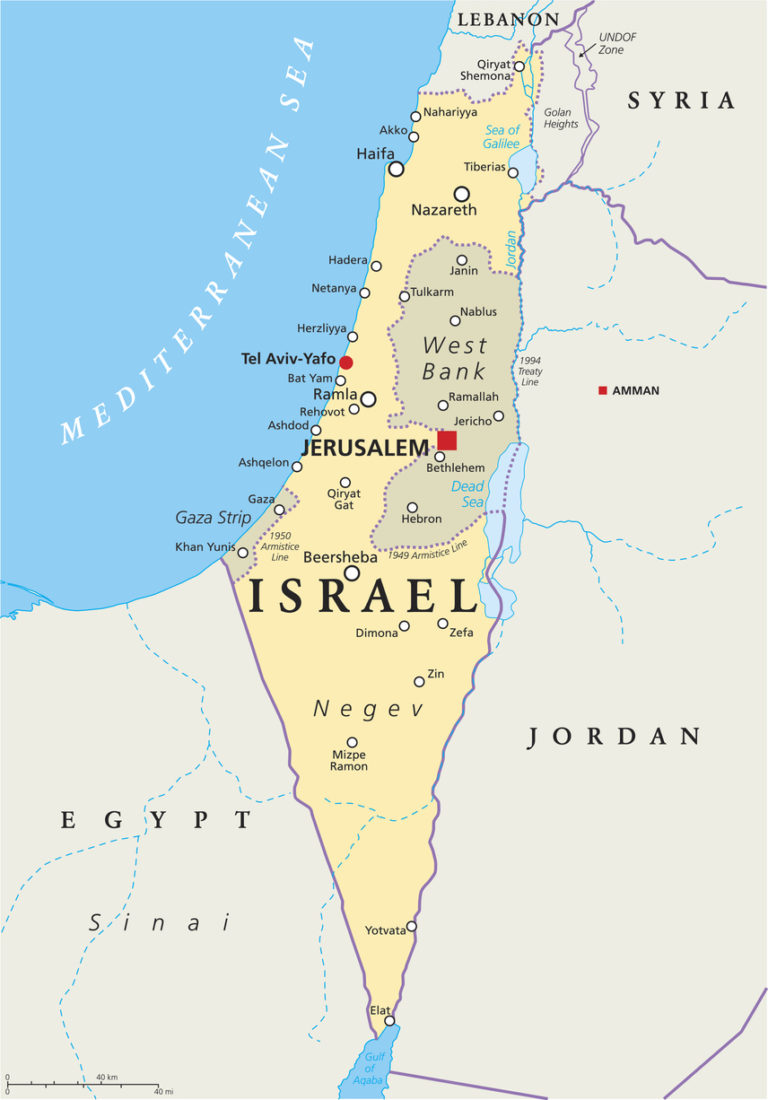International humanitarian disasters, such as the events taking place in Israel, have devastating effects on individuals and communities around the world.
Coping with the trauma, and grief that result from these events can be overwhelming, along with associated grief which comes from exposure to the events, and stories of families affected, in the wider international media. It might be difficult to have a conversation with children and young people around the events taking place in Israel, especially if you have been directly affected by the tragedy.
It is important first and foremost to reassure children and young people that they are safe. Safe to ask questions and safe to be open about their feelings. They also need to be reassured that their physical safety is your priority.
With events such as these, which affect communities and individuals across the UK, there are many areas to consider, including:
- Bereavement
- Trauma and Triggers
- Trans-generational trauma
- Differing perspectives
- Uncertainty
- Fear to safety
- Managing prejudices
- Answering difficult questions
Here is some further advice on coping with the news of a widely publicised disaster if you have been directly affected by a bereavement as a result, or if you have been affected by the news.
Acknowledge Your Grief
Grief is a natural response, and in the event of a humanitarian disaster, it can encompass a wide range of emotions, including sadness, anger, and confusion. It’s essential to recognise and accept your grief as a normal reaction to the tragedy. Grief is a highly individual experience, and there is no “right” or “wrong” way to grieve. People may react differently, and it’s important to respect each person’s unique process.
Answering Difficult Questions
Answering difficult questions which arise as part of events that are widely publicised can be difficult, but it’s important to be honest, age appropriate and sensitive in response. Use concrete examples but avoid giving too much detail, explain feelings and encourage openness and asking more if they are uncertain.
Seek Support
Reach out to friends, family members, or support groups who can provide comfort and understanding during this time. Sharing your feelings with others who are experiencing similar feelings can be beneficial. If your struggling, seek help from a professional. Community support can also be helpful, and in the face of a national or international disaster, communities can often come together to create local support groups or community events to connect and support their own, and the victims of the crisis.
Speak to a Professional
The Grief Encounter helpline, grieftalk, is available for immediate support and listening services, every day 9am – 9pm on 0808 802 0111, or you can email us on grieftalk@griefencounter.org.uk
Talking to Children About Death in the News
Discussing an international disaster that has resulted in mass deaths with children and young people can be challenging. Here is some guidance from Grief Encounter to help you approach this conversation and help process what they may be seeing in the media or discussing at School.
Create a Safe Space and Provide Emotional Support
Find a quiet, comfortable place where you can have an open and honest conversation and reassure your child that their feelings are normal, whether they feel sad, scared, confused, or angry.
Initiate the Conversation and ask What They Know
Start by asking your child what they’ve heard or seen in the news. This allows you to gauge their understanding and clarify any misconceptions, then present the facts in a balanced way, focusing on the essential details without unnecessary descriptions.
Age-Appropriate Information
Tailor the information to the child’s age and maturity level. Younger children may need simpler explanations, while older children can have more detailed discussions. Explain the situation in straightforward terms without unnecessary graphic details. For example, you can say, “There was an incident in Israel and many people got hurt. The UK is helping support those people. ”
Explain the Context
Depending on the situation, explain the context of the death and its significance. For example, as this was a natural disaster, you can discuss the importance of disaster preparedness and recovery efforts and re-enforce the unlikelihood of it happening somewhere like the UK.
Focus on Helpers and Highlight Positives
Highlight the heroes and helpers in these situations, such as doctors, rescue workers, charities, and volunteers. Explain how people come together to support one another during events such as these and reassure that help will be given to those who need it.
Encourage Questions
Be prepared for questions and answer them honestly. If you don’t know the answer, it’s okay to offer to find the information together online or by contacting an organisation providing support.
Limit Exposure to Media
Shield children from distressing images and news coverage that might be too intense for them. Monitor their media consumption, including online, and choose age-appropriate content.
Maintain Routine
Stick to regular routines as much as possible. Predictability and stability can help children feel secure during uncertain times. Encourage them to express their feelings through art, writing, or play and offer hugs or comfort as needed.
Monitor Their Well-being
Keep an eye on your child’s emotional well-being in the days following the discussion. If they continue to be upset or anxious, offer additional support and, if necessary, seek professional guidance.
Stay Available
Let your child know that you’re available to talk whenever they want. Revisit the topic to check in on their feelings and provide updates as and when available.
Speak to a Professional
The Grief Encounter helpline, grieftalk, is available for immediate support and listening services, every day 9am – 9pm on 0808 802 0111, or you can email us on grieftalk@griefencounter.org.uk.

